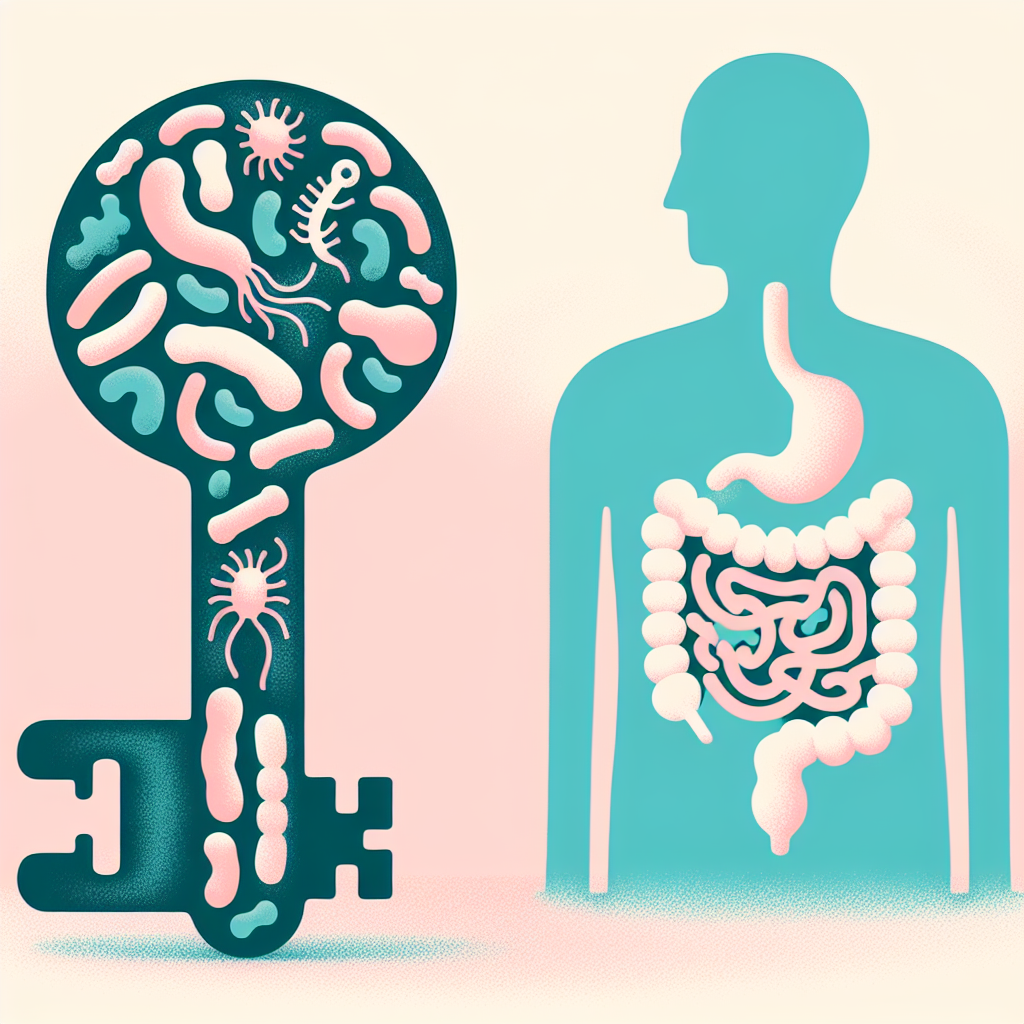### Probiotics: Unlocking the Power of Gut Health
Today, we delve deep into a trending topic in the science and health sphere – Probiotics. We’re faced with an abundance of enticing yogurts, dietary supplements, and even infused waters, boasting ‘probiotic’ content. Often hailed as hidden heroes for our gut, probiotics have created quite a buzz. So, what’s the truth about probiotics? Let’s unlock this mystery, aiming to improve our understanding and empower informed, healthful choices.
#### Origin of Probiotics
Probiotics are essentially live bacteria and yeasts that offer health benefits, particularly for our digestive system. Although people often associate bacteria with harmful biological elements, our bodies are teeming with trillions of bacteria, both good and bad. Probiotics belong to the former group, contributing positively to our gut health[^1^].
#### Why are Probiotics Important?
Modern diets, high in processed foods and sugars, can lead to an imbalanced gut microbiome. This imbalance, termed dysbiosis, has shown links to various diseases, including obesity, depression, and even heart disease[^2^]. Probiotics can help restore this balance by introducing beneficial bacteria into our digestive systems.
Moreover, studies have linked probiotics to improving digestive health, immunity, heart health, and more[^3^]. Certain strains can also help with specific conditions, such as IBS (Irritable Bowel Syndrome) and even eczema[^4^].
#### Natural Sources of Probiotics
While supplement forms of probiotics are popular, they are naturally present in several fermented foods:
– **Yogurt** produced from the natural fermentation of milk by lactic acid bacteria.
– **Miso and tempeh**, fermented soy products.
– **Sauerkraut**, or fermented cabbage. It is also rich in vitamin C and digestive enzymes.
– **Pickles** fermented with brine. Note that not all pickles are created equitably; those pickled in vinegar will not have probiotic effects.
Although incorporating these foods into your diet can be beneficial, they don’t offer the specific amounts or strains of probiotics often necessary for targeted health benefits.
#### Probiotic Supplements
For a measured dosage of specific probiotic strains, supplements can be a good choice. When buying probiotics supplements, consider researching the types of strains in the product, the dosage, and any customer reviews/testimonials. Always consult with a healthcare professional before starting any new supplement regimes.
Monitoring your body’s response to different probiotic supplements and adjusting your dosage judiciously can be beneficial. Some people might experience side effects like bloating and gas, which usually subside over time[^5^].
#### The Bottom Line
Probiotics, whether sourced from a daily serving of yogurt or a supplemental pill, are likely to be beneficial for most people. Still, they are not a cure-all. Understanding the difference between promoting general health and fighting a specific condition is crucial.
As researchers further unravel the complexities of our gut microbiome, the power of probiotics may be more accurately defined in the future[^6^]. Until then, a balanced diet rich in whole foods, regular exercise, and maintaining good sleep hygiene should form the foundation of promoting gut health, supplemented, if necessary, with probiotics.
Stay tuned for our next article, where we explore prebiotics and their role in gut health!
[^1^]: Hill, C., et al. (2014). Expert consensus document. The International Scientific Association for Probiotics and Prebiotics consensus statement on the scope and appropriate use of the term probiotic. Nature Reviews Gastroenterology & Hepatology, 11(8), 506–514.
[^2^]: John GK, Mullin GE. The Gut Microbiome and Obesity. Curr Oncol Rep. 2016;18(7):45.
[^3^]: McFarland LV. Use of probiotics to correct dysbiosis of normal microbiota following disease or disruptive events: a systematic review. BMJ Open. 2014;4(8):e005047.
[^4^]: Baquerizo Nole KL, Yim E, Keri JE. Probiotics and prebiotics in dermatology. J Am Acad Dermatol. 2014;71(4):814-821.
[^5^]: McFarland L., Bernasconi P. (1993) Saccharomyces boulardii: A Review of an Innovative Biotherapeutic Agent. Microbial Ecology in Health and Disease, 6,191-2.
[^6^]: Nagpal R., Kumar A., Kumar M., Behare P., Jain S., Yadav H. (2012) Probiotics, their health benefits, and applications for developing healthier foods: a review. FEMS Microbiology Letters, 334(1), 1-15.


